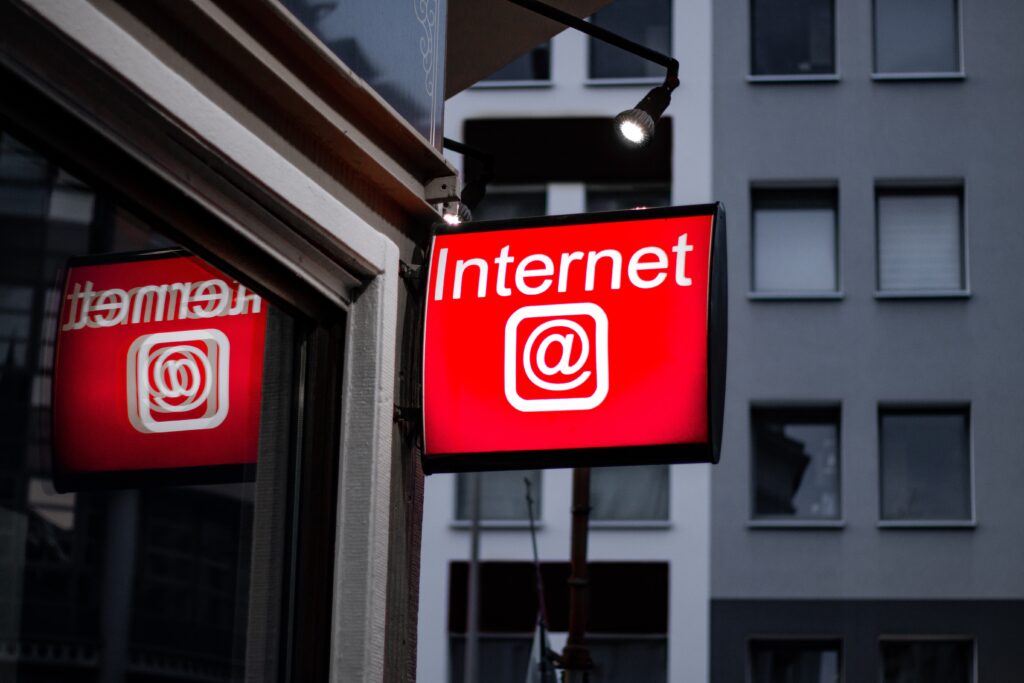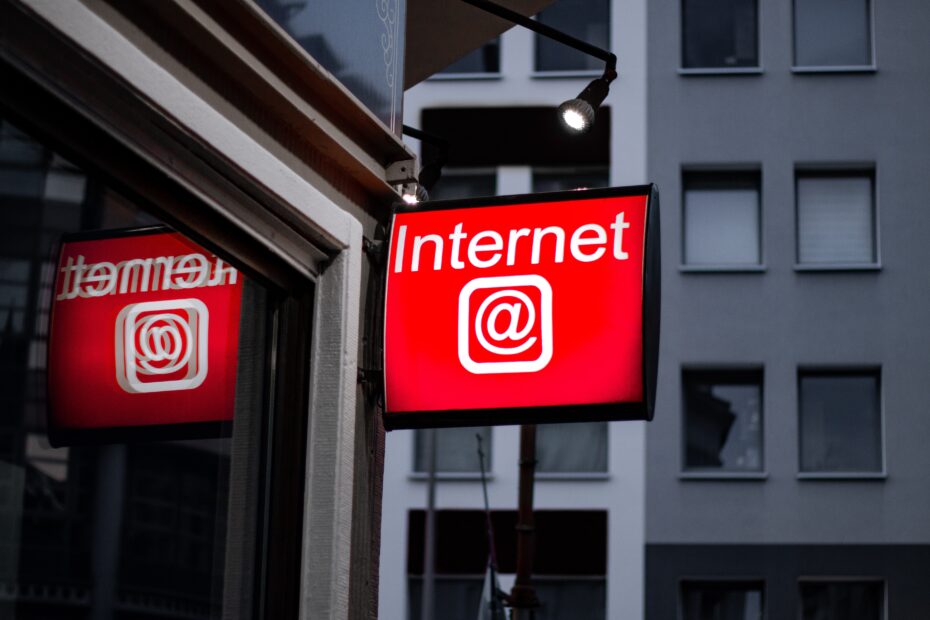Cash App is a handy mobile payment service that allows you to quickly transfer money back and forth from your mobile device.
However, as with any popular app, there are scammers out there taking advantage of Cash App’s good reputation to commit fraud. One way they do this is through Cash App email scams, or sending a fake Cash App email to try and trick you into providing sensitive information or transferring funds.
What Is a Cash App Email Scam?
Cash App email scams involve emails from Cash App that aren’t really from the company. In reality, they are emails sent by scammers and made to look legit to trick you into trusting them.
Why Do So Many Cash App Scams Appear Via Email?
Email scams are nothing new, and Cash App email scams are just the latest way scammers try to steal information from you by pretending to be emailing you from a company you know and trust. Wherever there is a large user base, for an app or service, there will be scammers trying to take advantage of unsuspecting users.
Cash App Phishing Emails vs. Cash App Spoofing Emails: What’s the Difference?
Cash App phishing emails are fake Cash App emails that are intended to get you to give up sensitive information, such as your Cash App login info or other personal details. They might claim that there is a problem with your account and that you need to email them your username and password to fix it, or they might try to get your credit card and bank account info.
Spoofing emails are similar to phishing emails, except they try to get you to click a link and go to a fake Cash App site. If you click on the link, it might install malware on your device or it might take you to a site that asks you for sensitive information.
How Do Cash App Email Scams Work?
Phishing Email Scam
- Scammers send an email that looks like it’s from Cash App, but the sender’s address is off
- They try to get you to send them sensitive data under false pretexts
- If you fall for it, they use your info to steal from you (either from your Cash App account or bank accounts/cards)
Spoofing Email Scam
- A type of Cash App phishing email that contains links to
- The websites look like they are associated with Cash App, but are malicious
- The websites look like they are associated with Cash App, but are malicious
Increasing-Your-Money-Quickly Scam
- Scammers claim they can “flip” your money and return a larger sum to you
- They ask you for a small Cash App transfer to prove it
- Once you send money, the scammers disappear with it
Cash App Giveaway Scam
- Emails claim that you have won a cash prize on Cash App
- They ask you to make a small transfer in order to receive the prize
- You don’t hear anything else about the “giveaway” and your money is gone

How to Spot a Cash App Email Scam: Important Things To Look Out For
The Email Address
Scammers cannot send emails from an official Cash App email, so always check this first if you get an email claiming to be from Cash App. The sender’s address may be a strange combination of numbers and letters, or it might be some form of “Cash App” misspelled or with additional numbers and letters.
Generic Greetings
Real company emails typically greet you by your name or username. Fake Cash App emails will often use a strange generic greeting, such as “Dear Customer.”
A Sense of Urgency
Cash App phishing emails try to trick you into acting without thinking by creating a sense of urgency. They might claim there is an emergency with your account and say that it has been locked and that you must act immediately to unlock it, for example.
Links or Attachments That MUST Be Clicked On
Emails pressuring you into clicking on links or attachments are sketchy, period. Legitimate company emails will not ask you to visit links or download attachments for any kind of official business.
Spelling and Grammar Mistakes
Scammers are often located in countries where English is not the first language, so spelling and grammar mistakes are usually present in fake Cash App emails.
How To Protect Yourself From a Cash App Email Scam
Don’t Click On Links Asking For Sensitive Information
Never click any links or attachments in emails claiming that you need to visit them to provide login information or other sensitive data.
Watch Out for Spelling, Grammar, or General Mistakes in the Email
Read any email claiming to be from Cash App thoroughly and keep an eye out for errors, which are huge red flags.
Highlight the Preview Link By Hovering Over the Link
If there are any links in an email claiming to be from Cash App, they are most likely fraudulent. You can preview them by hovering your mouse’s pointer over them to see where the link really takes you.
If You Spot a Fake Cash App Email, Block and Report It as Spam To Avoid Recurrence
Whenever you receive a fake Cash App email, block the sender’s address and mark it as spam. This will prevent the scammers from sending you any more emails from that address and help your email client filter out future Cash App phishing emails from your inbox to your spam folder.
What To Do if You’ve Been Scammed by a Cash App Email Scam
If you follow the tips in this article, you should be able to avoid most Cash App email scams. However, if you accidentally get tricked by one, there are ways to pressure the scammers and get your money back.
Contact Reclaim Expert today if you have fallen victim to Cash App email scammers and talk to our team of compassionate fund recovery specialists. We will do everything we can to help retrieve your money from the scammers and prevent further losses.
